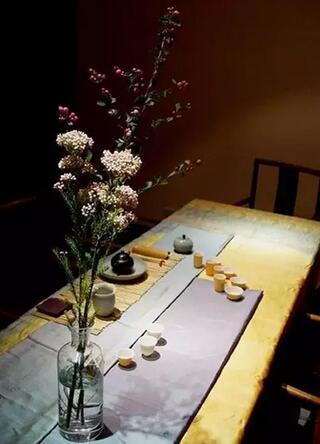Pu-erh tea lovers are often cultivated by immersion in tea culture. They cherish Pu-erh for its unpredictability and observable transformations. They love it because, years later, they can pull out a cake and tell friends, "I aged this myself." Time feels as short as a glance across the table.
During tea gatherings, someone asks: "Why do you choose Pu-erh?" Answers vary—some praise its potency, others its health benefits, or its lingering aftertaste.
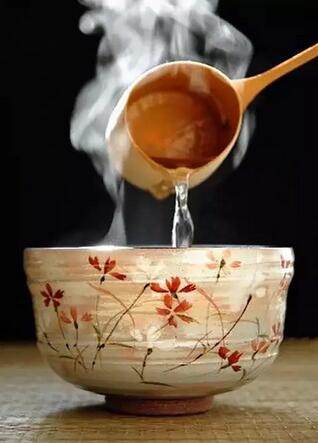
Drinking Pu-erh tea
The first incurable habit:
Visiting tea mountains to select new teas for aging. Every year brings fresh batches, and no one knows how they’ll turn out—it’s a gamble. Slowly, a private tea stash grows.
For these teas, the future is uncertain. Yet, the mindset is: "Better overstocked than miss out."
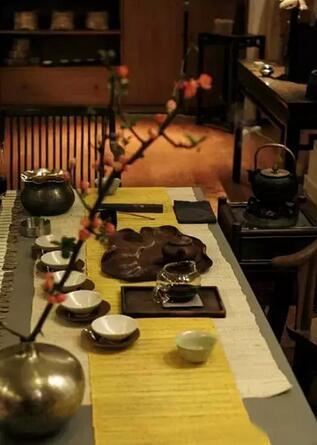
Drinking Pu-erh tea
The second incurable habit:
Missing out on good teas when prices are low, only to buy them later at multiples of the original cost. At gatherings, you’ll often hear: "This tea was so cheap back then—now it’s expensive!"
Drinking Pu-erh tea
The third incurable habit:
Endlessly buying and storing tea. Even with shelves full, the urge to acquire more is irresistible. When a favorite appears, wallets open without hesitation.
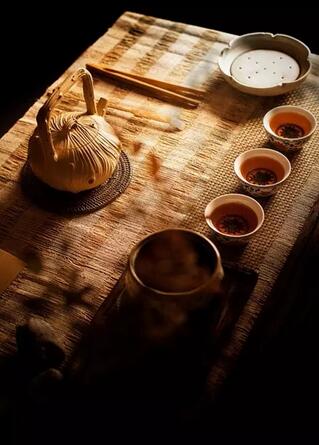
Pu-erh tea syndrome:
Family members often ask: "Why keep buying? You have enough for a lifetime." But you realize—many teas are too precious to drink.
It’s a peculiar psychology. A friend shared: "I’ll open any other tea—iron goddess of mercy priced at thousands per pound—without a second thought. But Pu-erh? I hesitate."
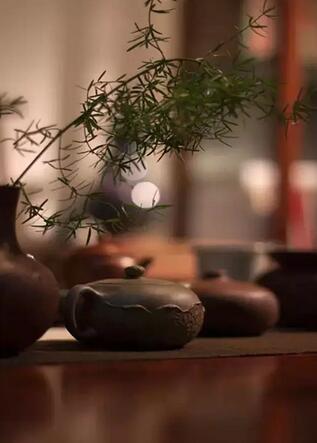
Do you agonize over opening a new cake, fearing its loss? Self-aged teas feel irreplaceable, especially rare ones.

Pu-erh drinkers share two quirks: 1) Bragging rights ("I have this tea—you don’t!"), and 2) Chasing teas others own, then舍不得喝 them.
As your collection grows, so does your reluctance. New teas are opened freely, but years later, they become舍不得喝 treasures. Solution? Buy more—whole tongs or even cases. Yet, even then, swapping with friends leaves you with small quantities, still舍不得喝.
Occasionally, you’ll crack open a珍藏 (treasure) for guests. Their praise brings joy; their criticism feels like a slight. Sometimes, you’ll gift a cake generously, reveling in shared happiness.
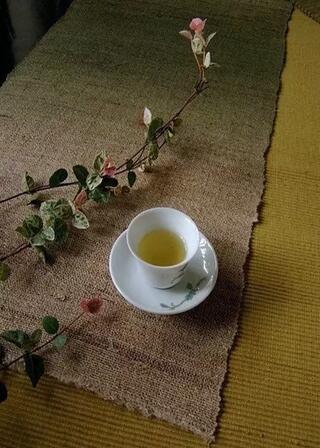
In the end, your舍不得喝 teas are舍不得 shared. Because Pu-erh isn’t just for drinking—it’s for connecting. This is its spirit: joy multiplied by community.
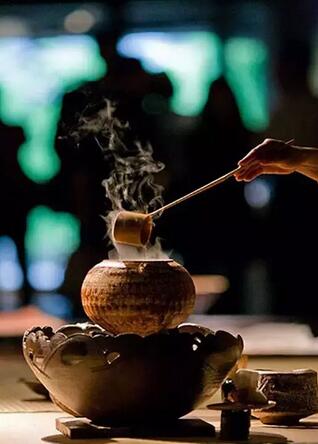
Sometimes, at gatherings, you’ll proudly brew a珍藏, announcing its age. If praised, you glow; if criticized, you grumble. Often, you’ll gift a cake outright, delighting in the act.
Looking back, your舍不得喝 teas are舍不得 given. Because收藏 (collecting) isn’t just hoarding—it’s sharing. This is Pu-erh’s essence: happiness is halved when kept, doubled when given.
